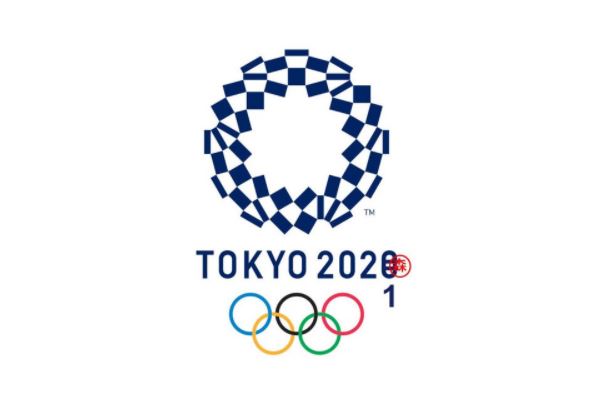Japanese Citizens Prefer Postponement of Summer Olympics

Already postponed by a year because of the COVID-19 pandemic, a large majority of surveyed Japanese say that they aren’t ready for the Olympic Games to go forward this summer either.
A Kyodo News poll showed that 39 percent of those surveyed said the Olympics and Paralympics should be canceled outright, while another 33 percent said that the Games should be rescheduled again. Less than a quarter of the Japanese surveyed think the Games should go ahead as planned for July 23 to Aug. 8.
The desired fate of the Olympic Torch Relay is even worse, with only 13 percent approving of its continuation as planned, while 87 percent say some or all of it should be canceled. Meanwhile, organizers attempt to stamp out false reports of the games’ cancellation altogether.
Vaccine Distribution the Issue
As a nation of 126 million people crowded into densely populated cities, Japan has done quite well in fighting the coronavirus. The country reports just over 8,000 deaths. But in preparing the nation for an influx of foreign visitors who might bring with them another wave of the virus, the nation’s response has come under sharp criticism.
As reported by the Wall Street Journal, just one percent of the Japanese population is fully vaccinated against COVID-19, and just this week, they opened the vaccine to citizens 65 years and over. That is a segment of the population that most of the rest of the world began vaccinating months ago. Prior to this week, only health care workers in Japan had been prioritized, and only a quarter of those have been vaccinated.
Not having their own source of vaccine is the chief hurdle for Japan. The Pfizer vaccine is the only vaccine approved for distribution by Japanese officials, and that only began on Feb. 17, more than two months after most of the world.
Japan is also relying exclusively on the European Union for its shipments of the vaccine, and new export controls require approval for each individual shipment, further slowing the process.
Citizens 65 and over account for 29 percent of Japan’s population, making it unlikely that any other population groups would be vaccinated by the time the Games begin in July.
Foreign Spectators Not Allowed
The Japanese government and the Olympic organizers have already moved to mitigate the threat of foreigners spreading the coronavirus by banning all foreign visitors. More than 600,000 tickets to Olympic events and another 30,000 tickets to the Paralympics had already been sold to international spectators but now must be refunded.
Japanese fans will be allowed, but those in attendance will wear masks and agree to contact tracing, and they will be instructed not to cheer or sing loudly. Clapping will still be allowed.
Japanese officials have requested that all athletes get vaccinated prior to the Games, but that presents a problem in most of the athletes’ home countries. If you are young and healthy, you are in the final vaccine priority group. And if you are an Olympic athlete, chances are quite good that you are young and healthy. So far, vaccinations for athletes are only a request from the Japanese government and not a requirement for participation.
Still, plans continue to host the delayed games and that will mean the opportunity to wager on dozens upon dozens of events and hundreds of athletes, with the countdown now reaching the 100-day mark.
















